Have women ever been denied their rights because of their sexual orientation or gender identity?
Anna Pavlova explores whether members of the LGBTQ+ community have been denied their rights
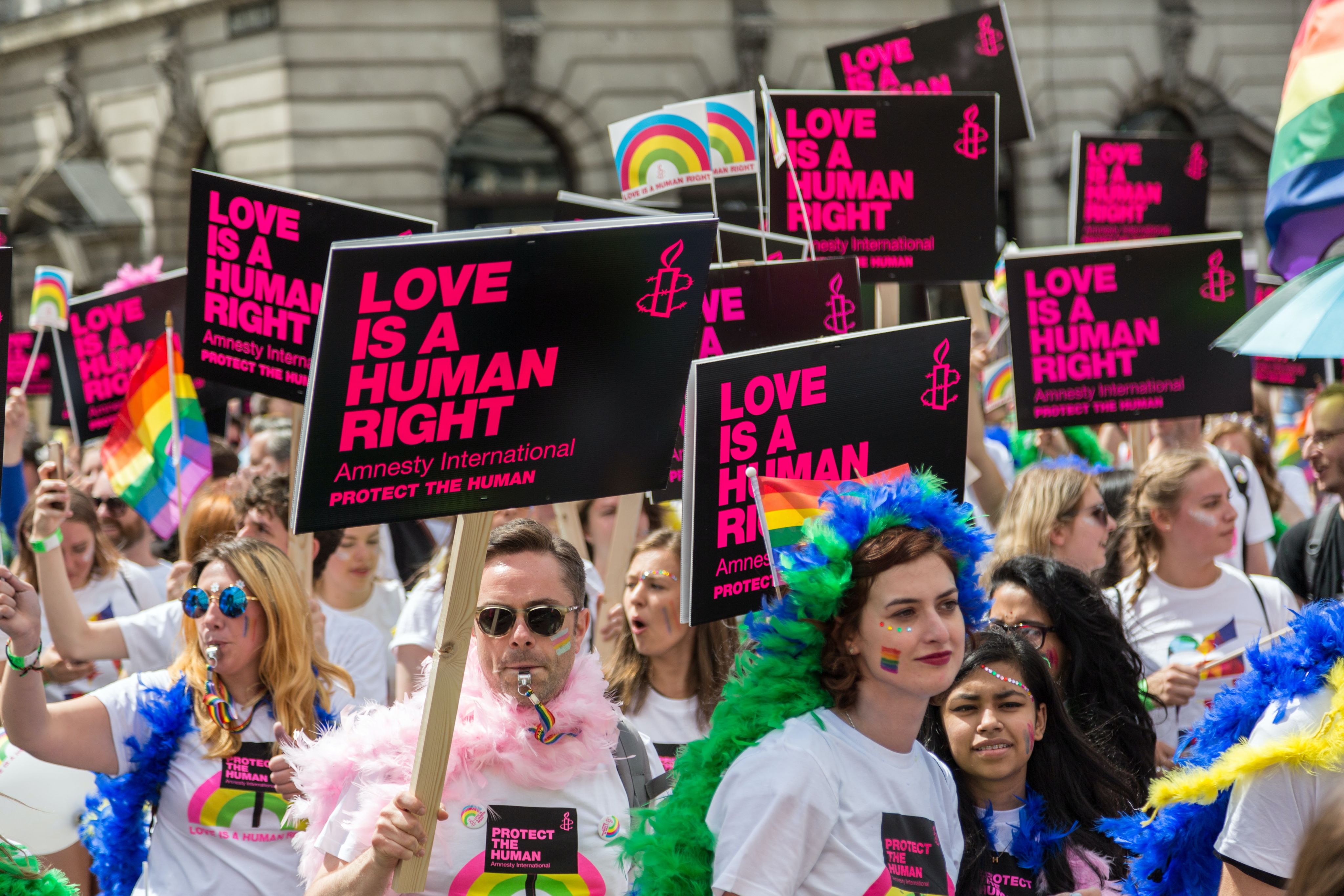
“Trans-people are to be treated with dignity and respect in all aspects of their life from family, friends and wider non-trans community including businesses”. These are the words of Jane Hamlin, President of the Beaumont Society, who has been a member for the last 23 years. Jane opened up and said she has heard of people from the community who have been harassed, insulted and purposely misgendered or referred to their previous names by people who should know better. For Jane “this is incredibly hurtful and upsetting”. She knew someone that came out to her mother and when this happened the mother’s initial reaction was “ I don’t want to see you again. Leave this house, I never want to see you again” and she said to her four siblings that if they had anything to do with her they would be dead to her which was “shocking” to Jane.
A member of the society has also spoken to Jane and opened up about the fact a torture method was used on her, which was waterboarding. This is a torture method that involves strapping them head-down with the mouth and nose covered while water is poured over their face. This was because her family belonged to a fundamentalist Church and she experienced torture because it was against their beliefs and they said “God will put you in hell”. In response to this story, Jane said: “ A lot of people are experiencing this, have experienced this and if nothing is done about it, will continue to experience it”.
The Beaumont Society prides itself on confidentiality and is “keen to be positive and helpful” to those in the Transgender community. They have multiple groups and two of them are called Partners and Parents. These groups support partners of trans people who are finding it difficult to get to terms with the situation and support parents of young trans-men and women who are experiencing all kinds of emotions. This is part of their four-part constitution within the Beaumont Society that they follow to make sure they are achieving their mission.
Charlie Vardy, who is a non-binary bisexual, has said that they “have been called slurs by peers in a range of environments and had their pronouns ignored” followed by their own partner and siblings being called slurs and harassed by strangers. This is verbal abuse that they have faced because of their sexual orientation and gender identity and they believe that “while LGBTQ+ issues are being discussed in public on occasion there is still not enough done to educate people on what issues are still there”.
Charlie believes there is still a lot of progress to make and that “in some cases, people do forget that trying to close gendered gaps between men and women also means closing the gaps between transgender and cisgender people”. It is important for people to remember that LGBTQ+ people face many of the same issues due to them being viewed as women, even if they don’t identify as one, as well as facing other issues that are specific to their identities.
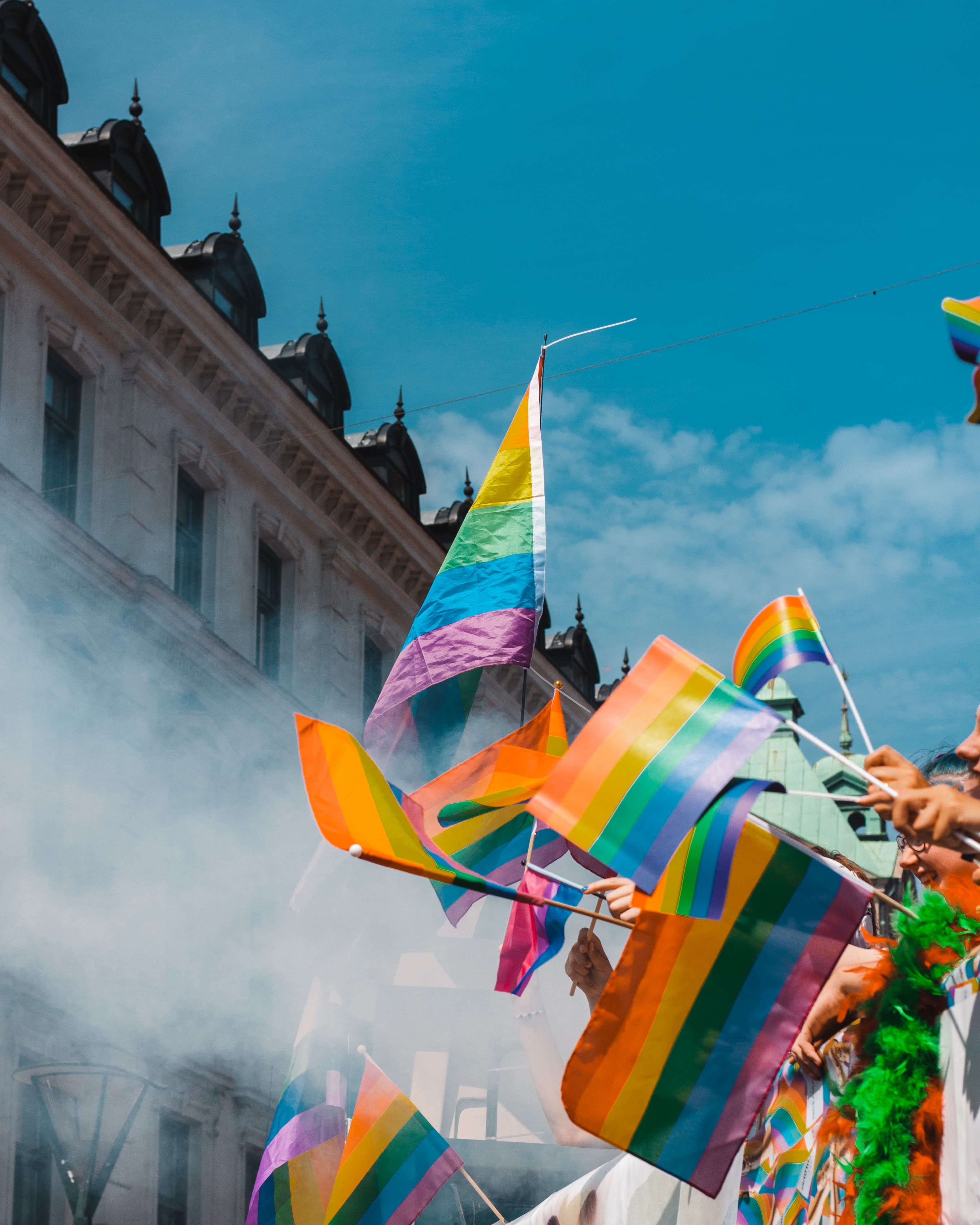
By Teddy Osterblom from Unsplash
By Teddy Osterblom from Unsplash
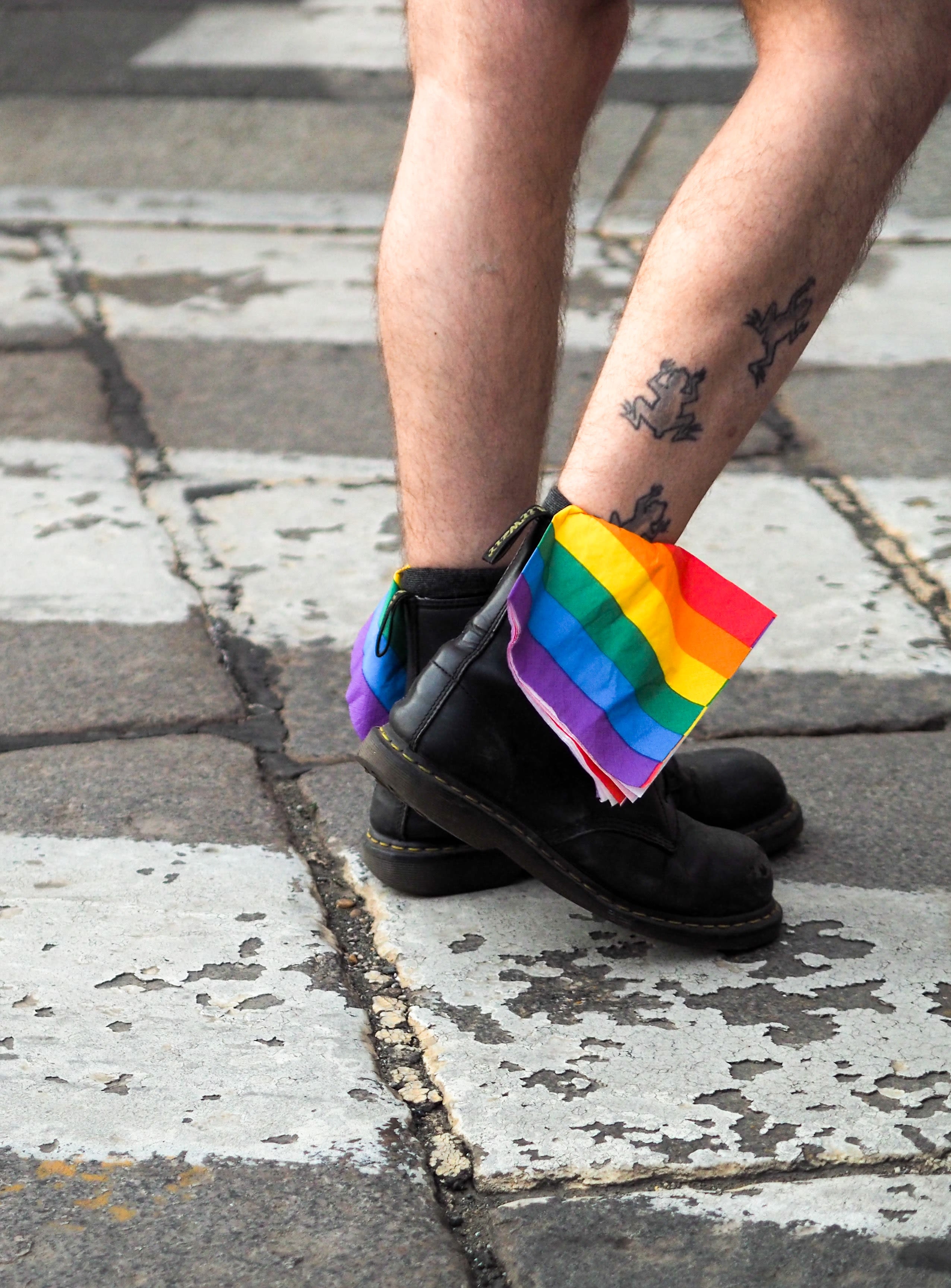
By Edoardo Frezet from Unsplash
By Edoardo Frezet from Unsplash
“In some cases, people do forget that trying to close gendered gaps between men and women also means closing the gaps between transgender and cisgender people”
Charlie Vardy
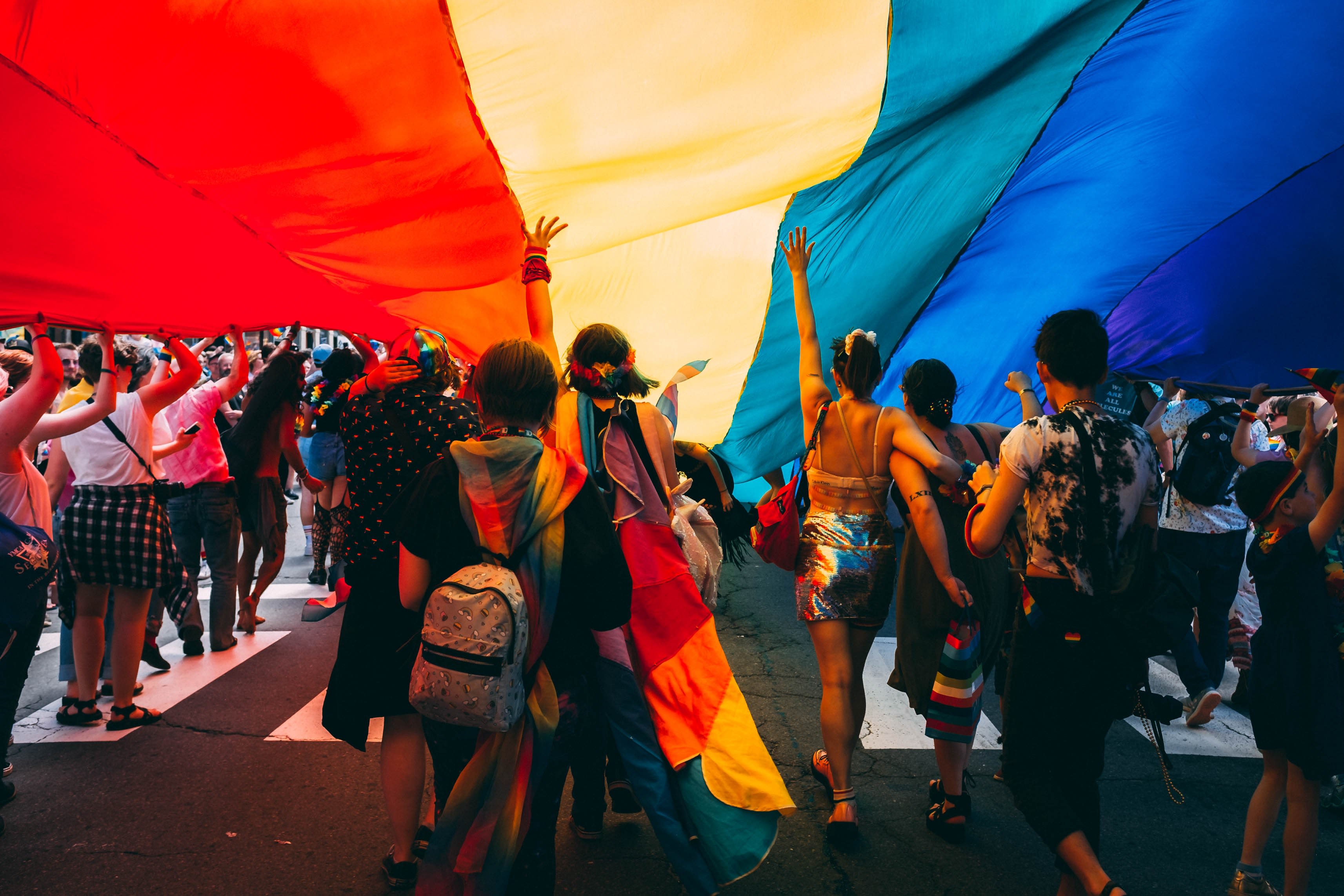
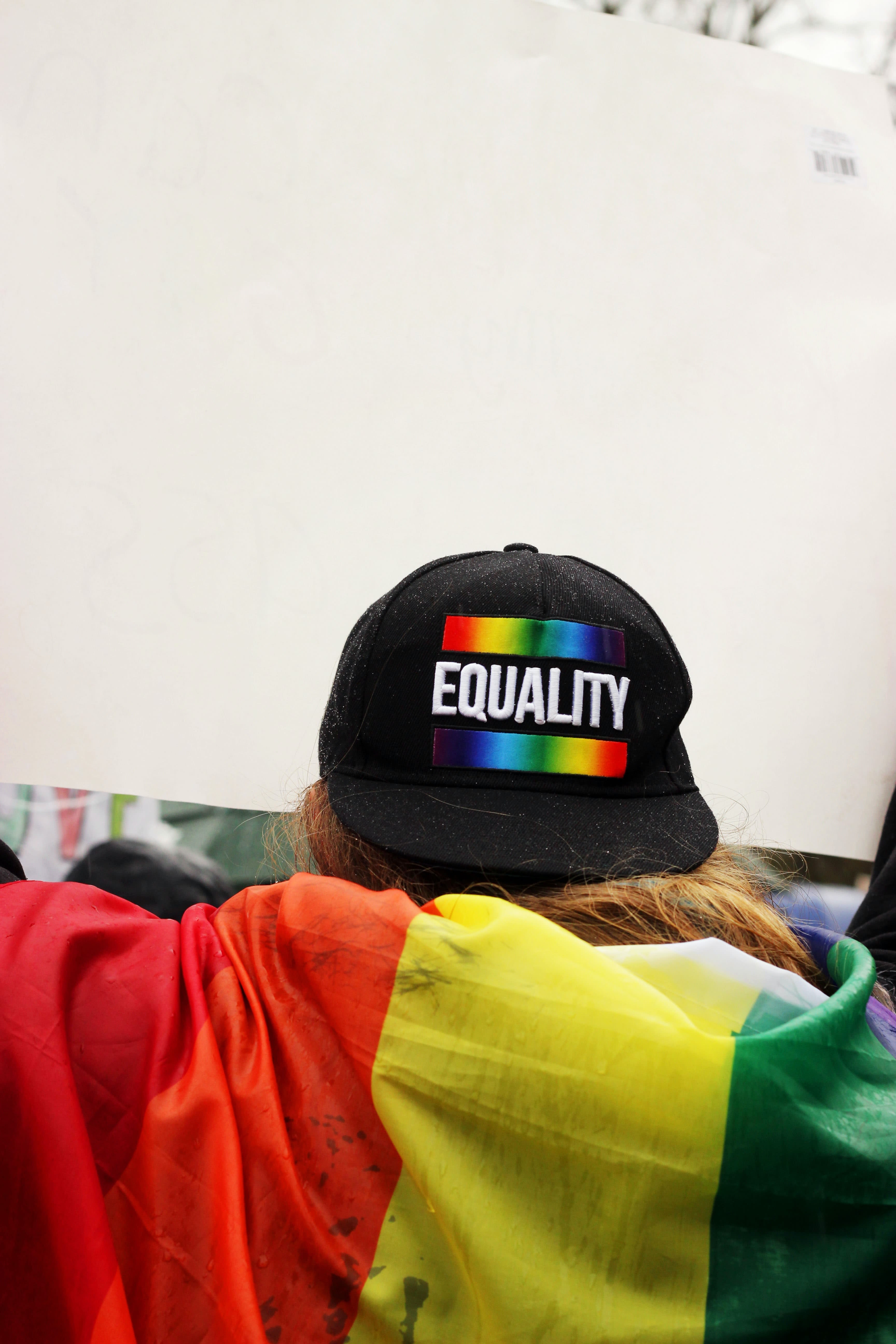
By Elyssa Fahndrich from Unsplash
By Elyssa Fahndrich from Unsplash
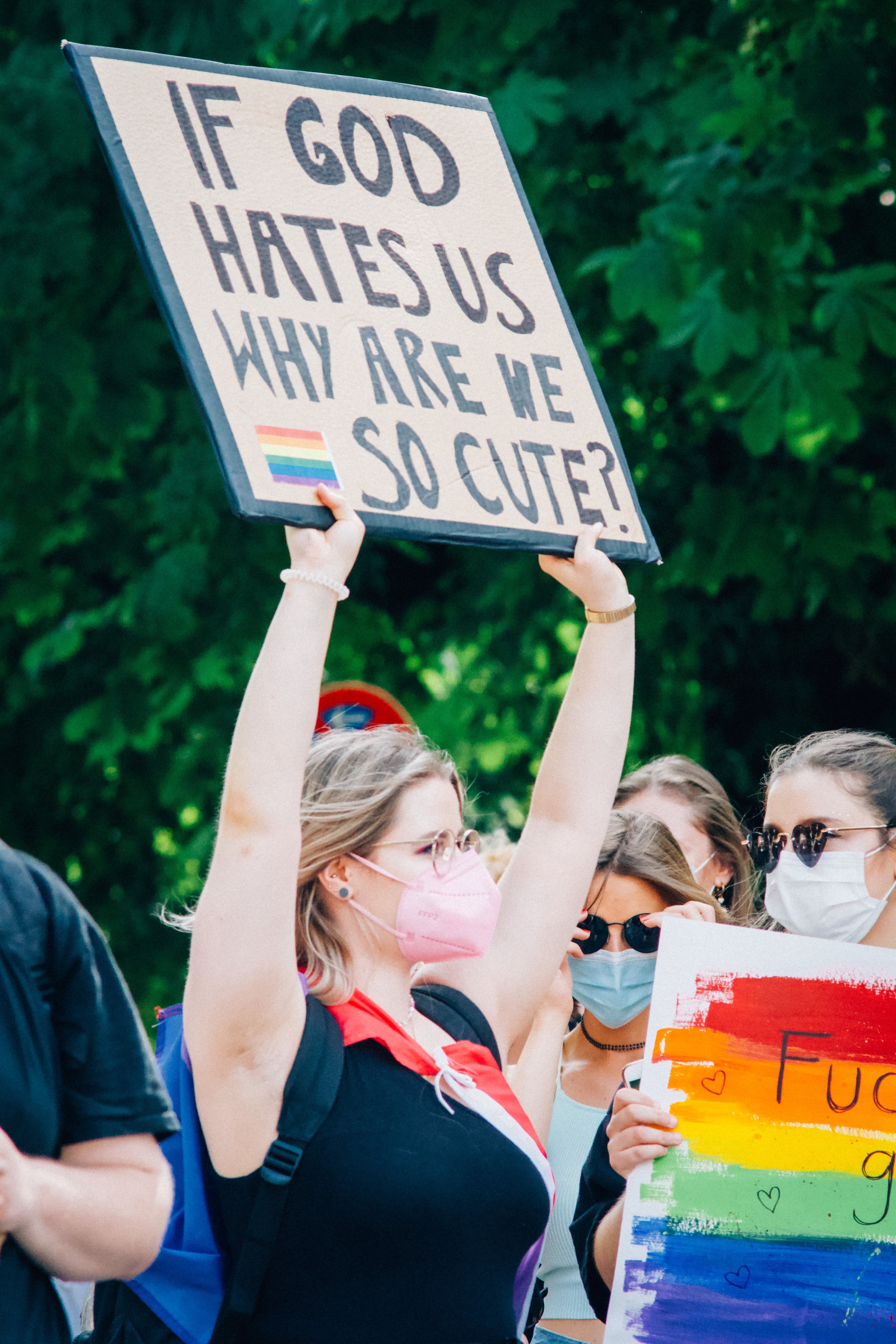
By Christain Lue from Unsplash
By Christain Lue from Unsplash
Jade Dowsett, a cisgender lesbian, said “I’m somewhat fortunate in the way that all the abuse I’ve encountered was at the hands of childhood bullies… My family is incredibly supportive, and I personally have never felt as if I needed to hide my gayness from anyone”. As much as Jade has not received or been denied her basic rights, her uncles who are in their mid-40s were physically assaulted, thrown out of bars and one of them was disowned when he came out. This is the realisation that it is all members of the LGBTQ+ community who are facing abuse and being denied their rights, not just women.
When Jade sees stories of LGBTQ+ members being physically assaulted or verbally abused it made her think about how reckless she had been in the past and it taught her the real danger that LGBTQ+ people are in. She expressed that “heterosexual women dominate the scene and speak about their issues however LGBTQ+ women still need social change, especially trans women. Women as a collective do face many issues”.
This is where Sunderland Pride comes in. This is an LGBTQ+ Festival that celebrates LGBTQ+ life and culture. Lynne Roxburgh, who is one of the organisers of Sunderland Pride, said: “ It brings not only the LGBTQ+ community together but also our allies. It’s a time for everyone to celebrate who they are”. It is an event that lets people embrace and have the freedom of being who they are without the fear and negativity surrounding them. They get to have the right to be who they are. COVID-19 impacted the community immensely and Lynne said: “It caused people to hide who they were from their parents and relatives” but luckily with funding from The National Lottery and sponsorship from the University of Sunderland they are finally back up and running.
Lynne said, “It’s hard work and it’s a lot of sweat and tears but it will be worth it in the end”. The Pride event will happen on the 11 and 12 of June outside West Sunniside and it will continue to promote equality, celebrate diversity and share experiences within and beyond the community”.
Stonewall is an organisation that stands for lesbian, gay, bi, trans, queer questioning and asexual (LGBTQ+) people everywhere. They conducted a study on YouGov in 2017 and polled more than 5000 LGBT people in Britain. According to their studies, the results were that one in five LGBT people have experienced a hate crime or incident because of their sexual orientation and/or gender identity, two in five trans people have experienced a hate crime or incident because of their gender identity and four in five anti-LGBTQ+ hate crimes and incidents go unreported. This report highlighted how many LGBTQ+ people still endure poor treatment while using public services and going about their daily lives whether in their local shop, gym, school or place of worship and the change that needs to happen.
This article addresses a lot of members of the LGBTQ+ community and here is a glossary of the terms that were in the article. Scroll to find the definition of each one.
Asexual- A person who does not experience sexual attraction.
Bi/Bisexual- Bi is an umbrella term used to describe a romantic and/or sexual orientation towards more than one gender.
Bi people may describe themselves using one or more of a wide variety of terms, including, but not limited to, bisexual, pan, queer, and some other non-monosexual and non-monoromantic identities.
Cisgender- Someone whose gender identity is the same as the sex they were assigned at birth. Non-trans is also used by some people.
Gay/Homosexual- Refers to a man who has a romantic and/or sexual orientation towards men. Also a generic term for lesbian and gay sexuality - some women define themselves as gay rather than lesbian.
Homosexual might be considered a more medical term used to describe someone who has a romantic and/or sexual orientation towards someone of the same gender. The term ‘gay’ is now more generally used.
Heterosexual/Straight- Refers to a man who has a romantic and/or sexual orientation towards women or to a woman who has a romantic and/or sexual orientation towards men.
Lesbian- refers to a woman who has a romantic and/or sexual orientation towards women. Some non-binary people may also identify with this term.
LGBTQ+ - The acronym for lesbian, gay, bi, trans, queer, questioning and ace.
Non-Binary- An umbrella term for people whose gender identity doesn’t sit comfortably with ‘man’ or ‘woman’. Non-binary identities are varied and can include people who identify with some aspects of binary identities, while others reject them entirely.
Queer- Queer is a term used by those wanting to reject specific labels of romantic orientation, sexual orientation and/or gender identity. It can also be a way of rejecting the perceived norms of the LGBT community (racism, sizeism, ableism etc).
Transgender Man- a term used to describe someone who is assigned female at birth but identifies and lives as a man. This may be shortened to trans man, or FTM, an abbreviation for female-to-male.
Transgender Woman-A term used to describe someone who is assigned male at birth but identifies and lives as a woman. This may be shortened to a trans woman, or MTF, an abbreviation for male-to-female.

